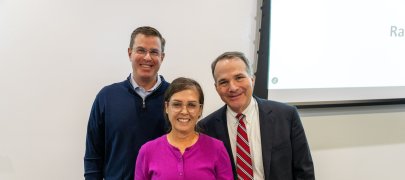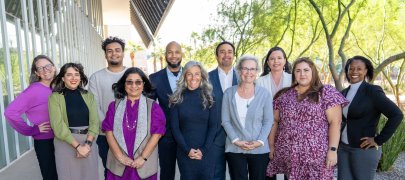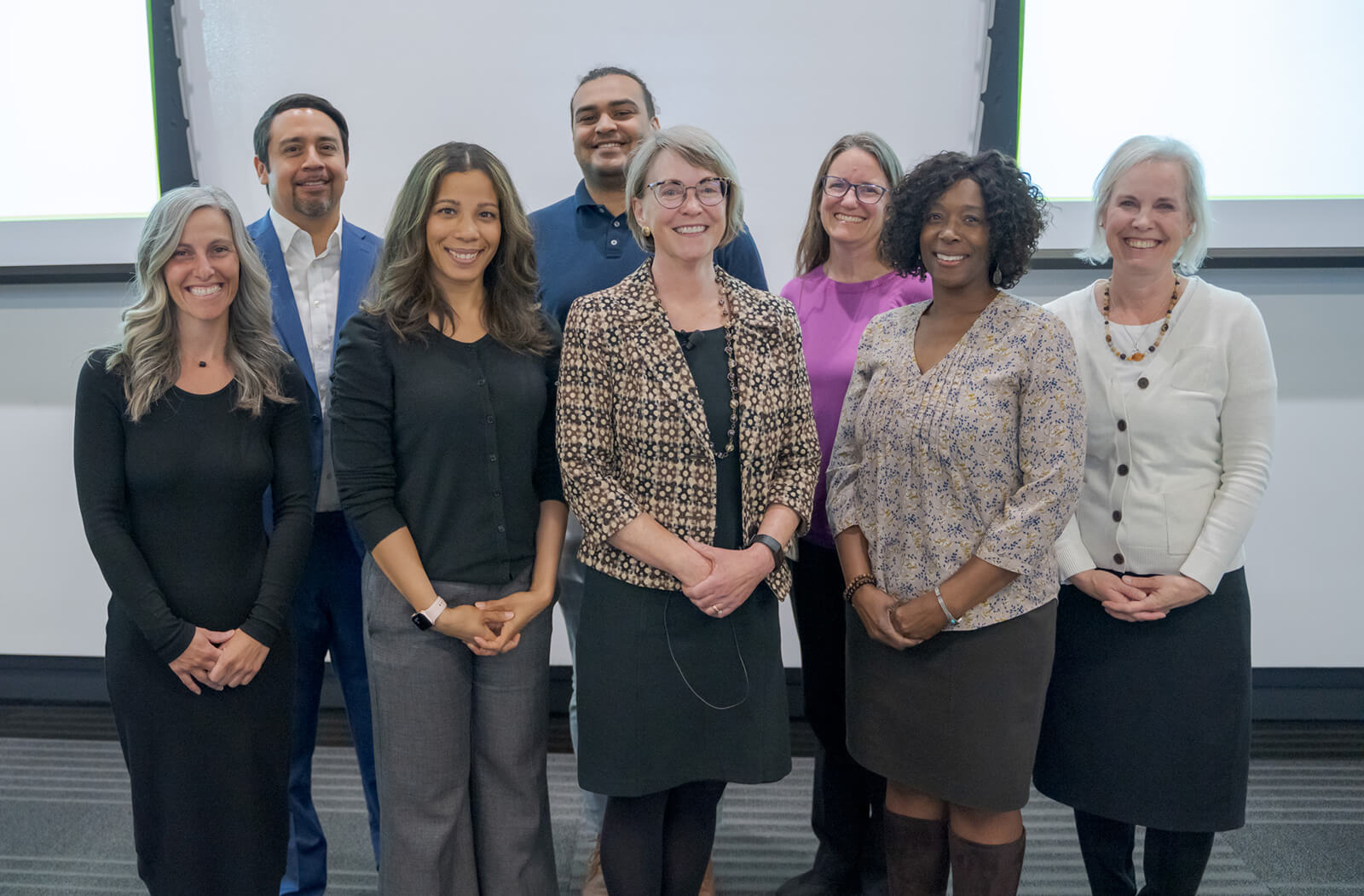
Inclusive Excellence Speaker Series Tackled Historical Inequities in Health Care

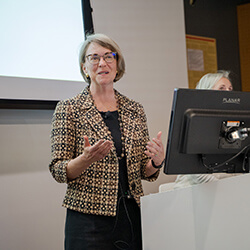
That is a sobering statistic, but it is stories of all those who have felt such inequity that inspires the work of Mary Crossley, JD, a John E. Murray Faculty Scholar and director of the Health Law Program at the University of Pittsburgh School of Law.
She joined the college Tuesday, April 4, as part of the Office of Equity, Diversity and Inclusion’s Inclusive Excellence Speaker Series to shed light on this important topic and to share insights from her renowned book, Embodied Injustice: Race, Disability and Health.
As she was doing research for her writing, Professor Crossley discovered similarities in the discriminations faced by the Black and disabled communities, especially in terms of their health. “At the root of both were deeply grained and erroneous assumptions about bodily difference and bodily inferiority,” she explained.
Those assumptions have had long-lasting consequences. They have fueled medical mistrust, as well as frequent experiences of devaluation and discrimination. “In a 2020 survey, seven in 10 Black Americans said the health care system treats patients unfairly based on their race or ethnicity, either very or somewhat often,” Professor Crossley noted. “One in five black adults reported experiencing racial discrimination when getting treatment for themselves or a family member just in the past year.”
Another stark statistic she shared is that only 10% of medical professionals across the country have equipment suitable for patients with disabilities.
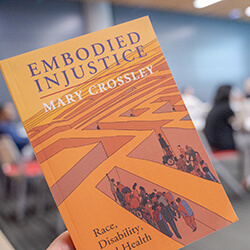
They are designed in such a way that those who are unaffected by them will never recognize they exist unless they go looking. But the data is there, and it comes in a multitude of sobering forms.
To address the inequity fostered by these headwinds, Professor Crossley stressed that the discussion must be recentered. Problems cannot be thought of as simply unique to the Black or disabled community. Often, these communities intersect. “Centering intersectional lives prompts recognition of movements, shared objectives and beliefs. It can enlarge the number of people who feel included in a movement and engender more expansive understandings of what justice requires,” Professor Crossley said.
She believes the COVID-19 pandemic helped to bridge some of that gap, as it laid bare how structural inequities disproportionately affected the health outcomes of Black people, disabled people or those who would fall into both categories.
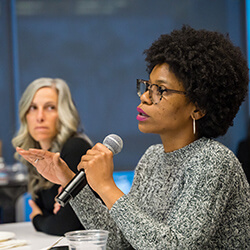
Francisco Lucio, JD, associate dean of Equity, Diversity and Inclusion, spoke highly of the benefits of having her join the campus to introduce the college’s community to the often-unrecognized intersectionality of disability and race. “Her research is important to advance health equity in the way we train our students, develop our faculty and care for patients,” he said.
Professor Crossley is widely recognized for her scholarship in disability and health law; and she has written broadly on issues of inequality in health care financing and delivery, publishing articles in numerous law journals — including Columbia Law Review, Notre Dame Law Review, Yale Journal of Health Policy, Law and Ethics, and the Michigan Journal of Race and Law.
Professor Crossley’s presentation is available on-demand.
About the College
Founded in 2007, the University of Arizona College of Medicine – Phoenix inspires and trains exemplary physicians, scientists and leaders to optimize health and health care in Arizona and beyond. By cultivating collaborative research locally and globally, the college accelerates discovery in a number of critical areas — including cancer, stroke, traumatic brain injury and cardiovascular disease. Championed as a student-centric campus, the college has graduated more than 900 physicians, all of whom received exceptional training from nine clinical partners and more than 2,700 diverse faculty members. As the anchor to the Phoenix Bioscience Core, which is projected to have an economic impact of $3.1 billion by 2025, the college prides itself on engaging with the community, fostering education, inclusion, access and advocacy.

